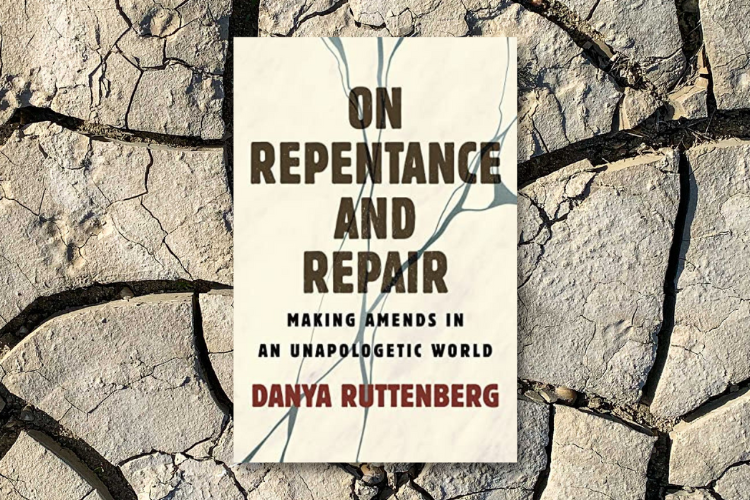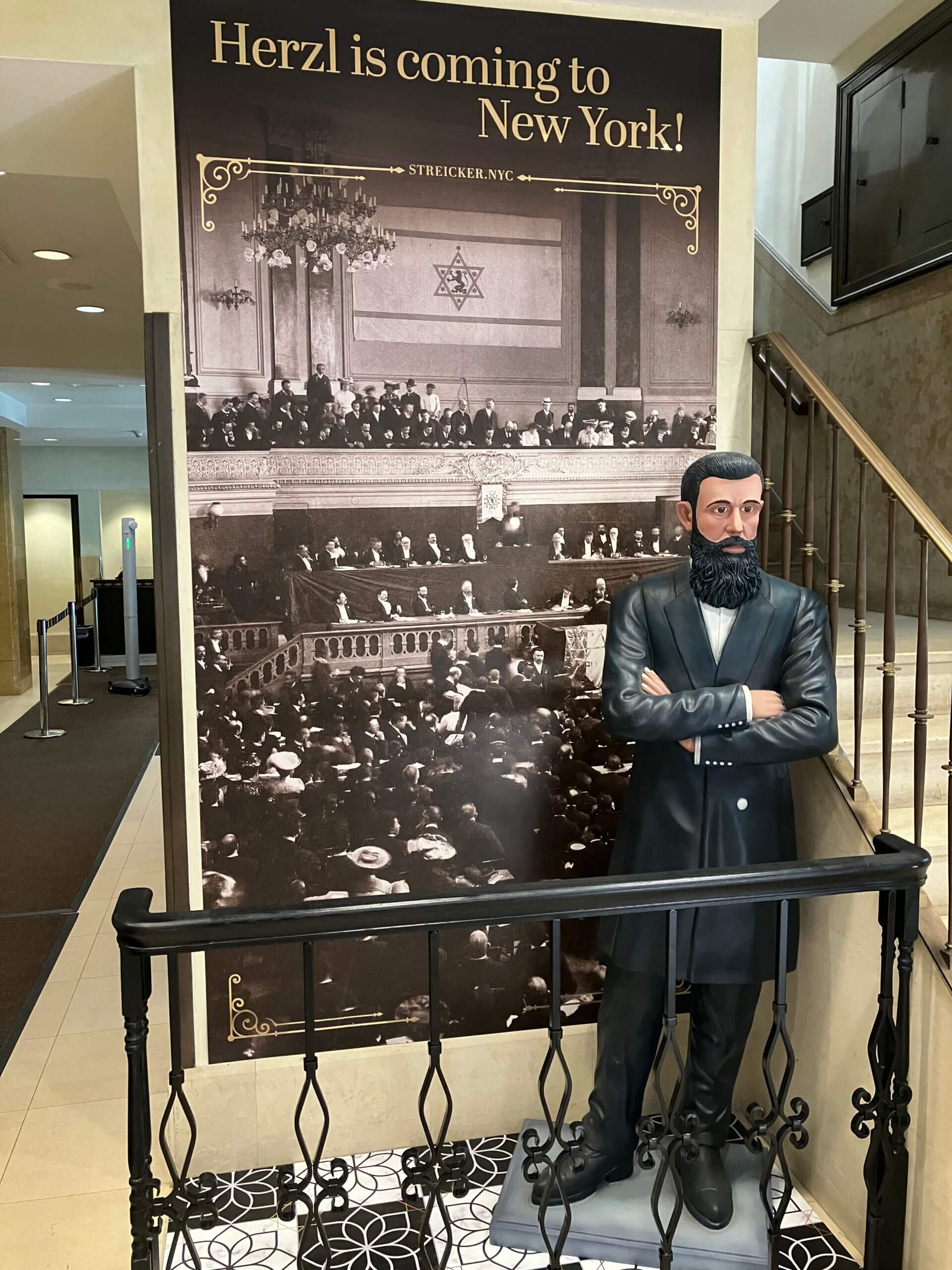Shabbat Gathering: Repair and repentance

Dear Chevrei, as is our custom, we will gather tonight at 5.45p ct to welcome Shabbat. These are the coordinates:
Zoom
Meeting ID: 883 8469 4181
Password: 822665
Phone: +1 312 626 6799
(To unsubscribe from the newsletter, click the link at the very bottom of this email.)
(Also, Friday, October 4, 2024, is the second day of Rosh Hashanah. Does our merry little band meet or skip a week? Let's discuss tonight.)
Once upon a time, R. Danya Ruttenberg wrote a Twitter thread about repentance, repair, and Teshuvah. One thing led to another and in 2023, R. Danya’s thoughts became a book, On Repentance and Repair: Making Amends in an Unapologetic World. And this is the right time of the year to think more about both the book and, more generally, the topic of Teshuvah.
R. Danya has brought forward the work of Maimonides (1135 - 1204), and reframed the ideas. We’re studying R. Danya’s book in R. Rena’s current class, and that’s where I’ve learned these ideas.
Getting right with people.
During the period of time leading up to Yom Kippur, we need to “get right” with the people we’ve hurt. The process of doing this is called Teshuvah, and you remember that word because along with the words Tefillah and Tzeducha, we repeat them over and over again during Yom Kippur. Teshuvah specifically means turning back to the person we’re suppose to be. R. Danya writes that true Teshuvah is made up of these five steps.
- Naming and Owning Harm. The first thing we do when we've hurt someone is to name, out loud, the harm we have caused. R. Danya believes we need to feel ashamed of our actions. This step is all about confession.
- Starting to Change. Maimonides wrote that true repentance begins when we find ourselves in the same place where we sinned last time and not make the same mistake.
- Restitution and Accepting Consequences. After the perpetrator has confessed and will not commit the same sin again, only then does the perpetrator approach the victim to find out what must be done to make restitution and repair.
- Apology. After restitution has been made and the victim is satisfied, only then is the apology made to the victim. Apologies are complicated. It may trigger the trauma. The perpetrator needs to pacify, appease, and beg for forgiveness.
- Making Different Choices. Just as we try making amends to the victim, so we must reform ourselves and become the person we are capable of becoming. Then, we have not only learned from the experience, we have become a better person.
Maimonides and R. Danya are a good combination. The five step program they describe is thorough and transformative. My heart has been touched by it. Give it a chance and maybe yours will be touched too.
And may it be for all of us a blessing.
See you tonight!
Gut Shabbes!
All my love,
brian.
PS



-30-
